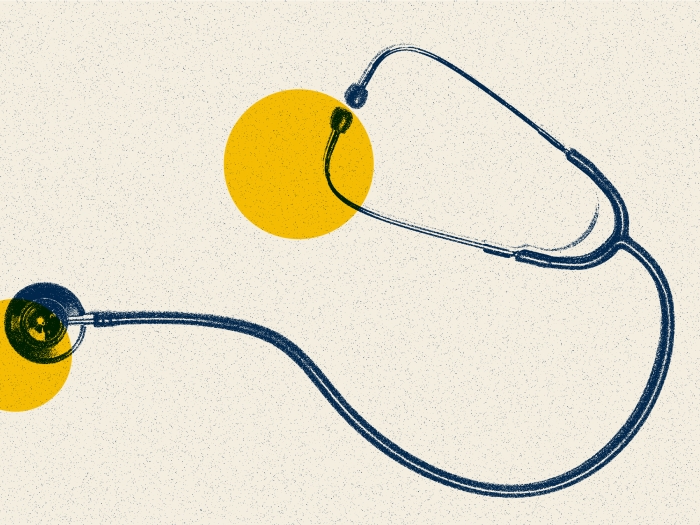Transgender and gender non-conforming adolescents face transphobia, experience abusive relationships and may struggle with the decision to divulge their gender identity throughout their transition.
5:00 AM
Author |

For many youth, adolescence is a time for developing self-identity and possibly exploring romantic relationships for the first time.
But young people who are transgender and gender nonconforming face a different set of challenges than peers during these developmental milestones, a new study suggests.
Researchers found that transgender and gender nonconforming teens engage in romantic relationships with youth of many gender identities. They also face transphobia, experience abusive relationships, and struggle with the decision to divulge their gender identity to a potential romantic partner throughout their transition, according to the study in journal Pediatrics.
"Adolescence is a time of physical, emotional and social growth. This includes identity formation, questioning belonging and exploring interpersonal and romantic relationships as young people become more independent," says lead author and pediatric endocrinologist Adrian Araya, M.D., who conducted the study while at Michigan Medicine C.S. Mott Children's Hospital and is currently at Akron Children's Hospital.
"We wanted to better understand these experiences for transgender, gender diverse, and gender nonconforming individuals who navigate developmental milestones in the context of their transgender identity."
Transgender and gender nonconforming youth represent a growing clinical population for pediatricians. An estimated 150,000 American teens aged 13 to 17 years identify as transgender, gender diverse, and gender nonconforming.
Researchers interviewed 30 adolescents who are transgender between ages 15-20, including 18 transmasculine and 12 transfeminine adolescents.
Health care providers should be identifying transgender youth and acting as allies and advocates for teens. This includes asking open-ended questions about romantic relationships.Ellen Selkie, M.D.
Participants described engaging in romantic relationships before, during and after medically or socially transitioning.
"Many of the transgender and gender nonconforming young people we see, as well as their parents, wonder if youth will be able to find love in a romantic partner," Araya says. "Love and intimacy are considered to be critical to development, and research shows they have a positive impact on mental and physical health in adults."
"We found that these adolescents are engaging in romantic experiences at developmentally appropriate times. But they are also navigating skills like how to safely disclose their identity in person and online."
MORE FROM THE LAB: Subscribe to our weekly newsletter
Many youths in the study also described gender-affirming hormone therapy as having a positive impact on romantic experiences.
"Participants described hormone therapy as giving them confidence and comfort in their body and themselves, allowing them to feel more comfortable exploring romantic relationships," says senior author Ellen Selkie, M.D., an adolescent medicine physician at Mott.
Transphobia and abuse
Transphobia and abuse from cis-gender and LGBTQ peers, however, sometimes hampered romantic pursuits.
Participants described transphobic experiences both online and in person, including derisive comments on transgender identity, as well as having accounts blocked and sometimes banned due to their preferred name not matching their legal name.
"The risk of transphobia in romantic relationships impacts the approach that transgender adolescents take toward romance and influences decisions of identity disclosure," Araya says. "The fear of rejection can dissuade them from sharing their gender identity with peers."
Some participants also reported being involved in abusive relationships, including sexual abuse in established relationships as early as age 14.
"Health care providers should be identifying transgender youth and acting as allies and advocates for teens. This includes asking open-ended questions about romantic relationships and not making assumptions about who or how an individual might be dating," Selkie says.
"As providers we need to ensure these young people aren't lacking access to healthcare that can improve their quality of life."
Study Cited: "Romantic Relationships in Transgender Adolescents: a Qualitative Study," Pediatrics. DOI: 10.1542/peds.2020-007906
Like Podcasts? Add the Michigan Medicine News Break on iTunes or anywhere you listen to podcasts.

Explore a variety of healthcare news & stories by visiting the Health Lab home page for more articles.

Department of Communication at Michigan Medicine
Want top health & research news weekly? Sign up for Health Lab’s newsletters today!





